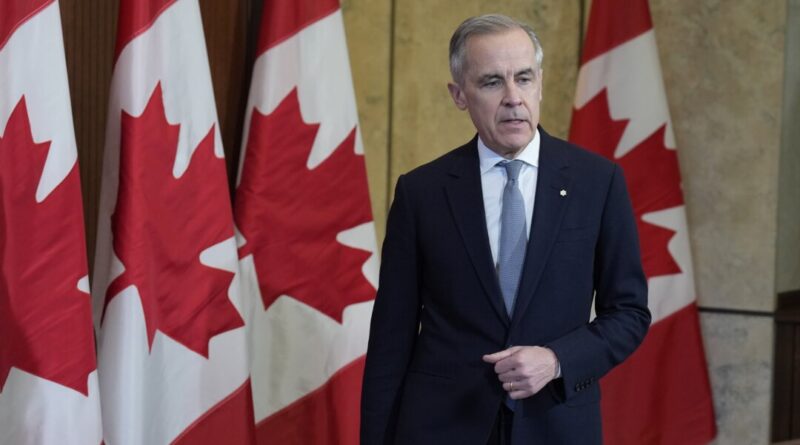Carney: Trump Acknowledges Canada’s Sovereignty, Agrees to Negotiate During Phone Call
Prime Minister Mark Carney described his phone call with U.S. President Donald Trump as “substantive,” with plans for further discussions on their countries’ “broader economic and security partnership.”
Addressing reporters in Montreal on March 28, Carney stated that Trump respected Canada’s sovereignty in both private and public discussions.
In French, Carney emphasized the need for a “new deal” with the U.S. due to the current levels of change, tariffs, threats, and uncertainty in the relationship.
When questioned about the change in Trump’s tone towards Canada post-call, Carney acknowledged the strategic nature of negotiations. He highlighted Canada’s clarity on priorities and negotiation approaches, indicating openness to exploring alternative trade partnerships.
Carney also mentioned a potential shift in perception regarding Canada’s strength following the phone call.
Trump expressed positivity about the conversation, foreseeing benefits for both countries.
Trump has previously expressed the desire for Canada to become part of the U.S., even referring to Canada as the “51st state” and calling former Prime Minister Justin Trudeau “Governor Trudeau.”
A statement from the Prime Minister’s Office outlined a “very constructive conversation” between Carney and Trump, paving the way for comprehensive negotiations on a new economic and security relationship post-election.
Until the election concludes on April 28, discussions between Canada’s International Trade Minister Dominic LeBlanc and U.S. Secretary of Commerce Howard Lutnick will intensify to address immediate concerns.
Carney informed Trump of Canada’s plans to implement retaliatory tariffs following additional trade actions by the U.S. on April 2, according to the PMO.
Trump previously imposed 25 percent tariffs on Canada and Mexico on March 4, followed by a temporary tariff pause for USMCA-compliant products. Additionally, there were tariffs on steel and aluminum imports, including from Canada, on March 12.
Carney mentioned that Trump did not suggest lifting tariffs on automobiles, steel, or aluminum, framing it as the beginning of a more detailed dialogue.
Supply Management, Digital Services Tax
During the Montreal press conference, Carney was asked about supply management. He reiterated that discussions on supply management were off the table, emphasizing its importance for Canada.
Canada’s supply management system regulates dairy, chicken, eggs, and turkey production, controlling imports and prices, often with high tariffs.
Carney was also questioned about Ottawa’s Digital Services Tax, indicating a willingness to discuss certain issues while prioritizing Canada’s interests.
The tax, aimed at digital giants like Netflix, has faced criticism from the U.S., deeming it discriminatory against American companies.





